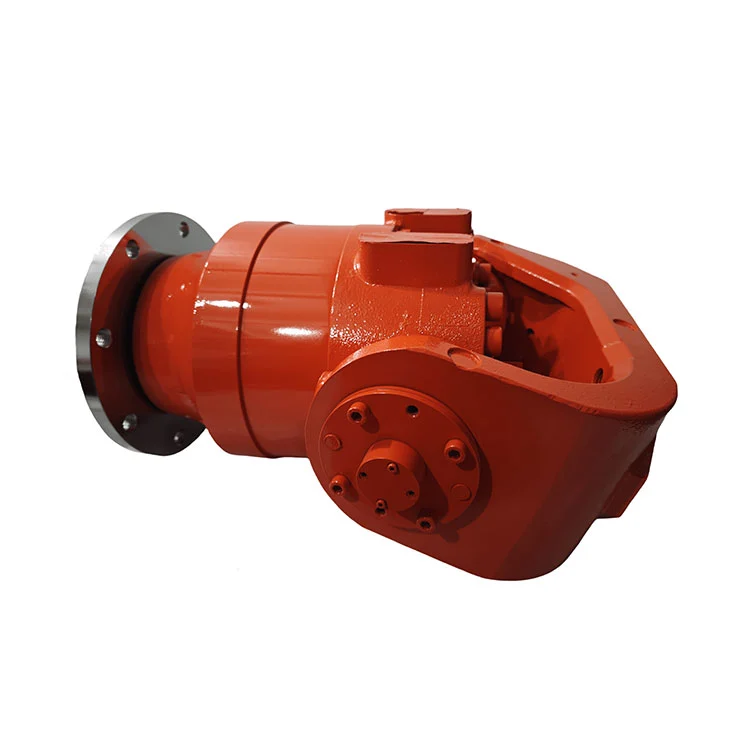Hydraulic Motors vs. Electric Motors: Which One is Right for Your Application?
2025-02-07
Choosing between a hydraulic motor and an electric motor can be challenging, as both have their unique advantages and applications. Understanding the differences between these two types of motors will help businesses and engineers make informed decisions. In this blog, we will compare hydraulic and electric motors, highlighting their strengths and limitations.
Key Differences Between Hydraulic and Electric Motors
1. Power Source
- Hydraulic motors operate using pressurized fluid.
- Electric motors rely on electrical energy.
2. Efficiency
- Hydraulic motors are highly efficient in high-torque applications but can suffer energy loss due to fluid friction.
- Electric motors provide consistent efficiency but may require additional cooling in high-power applications.
3. Durability and Maintenance
- Hydraulic motors are robust and suitable for harsh environments but require regular fluid maintenance.
- Electric motors have fewer moving parts, leading to lower maintenance costs.
4. Control and Precision
- Hydraulic motors offer excellent torque control but may lack precision without additional components.
- Electric motors provide precise speed and torque control, making them ideal for automation.

Choosing the Right Motor for Your Application
- Hydraulic Motors Are Best For:
- Heavy-duty industrial applications.
- Construction and mining equipment.
- Marine and offshore operations.
- Electric Motors Are Best For:
- Robotics and automation.
- Energy-efficient applications.
- Indoor machinery with minimal environmental exposure.
Conclusion
Both hydraulic and electric motors have their place in modern industries. Hydraulic motors excel in power-intensive environments, while electric motors provide superior precision and efficiency. Understanding the specific requirements of your application will help determine the most suitable choice. Need expert advice? Consult with industry professionals to find the best solution for your needs!


